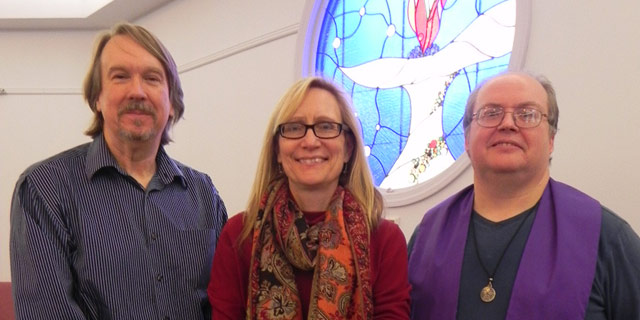

I thought I was being sensitive and might be able to build rapport with him by avoiding direct confrontation, while also not letting his comments dominate class. I settled into a routine of using pair/share discussion structures, largely as a way of limiting time spent in whole class discussions when this student was present. That conversation did not change the pattern. I was taken aback by his reply, but it was time to start class, so I did not respond directly. He laughed and told me to go ahead if I wanted to, but that he had been in classes with many of these students before, and they never talked. I am a white female and the class was predominantly white, with only two students of color. Early in the term, I spoke to him privately in the hall immediately before class, to say I would limit the number of times I acknowledged his desire to speak because I wanted to encourage discussion by some of the quieter members of the small class, which was about evenly male and female. A pattern had quickly emerged, in which he made extraneous comments unrelated to and demonstrating no familiarity with the assigned reading, in an apparent bid simply to hold the floor. The student who upended the next class did not attend this session.įrom the first day of the course, a traditional age male student I had never taught before regularly sought to dominate class discussion, when he was present. The class session devoted to discussing that reading and this position was lively but respectful. As we studied contemporary Christian diversity on gender and sexuality, the Nashville Statement, signed by evangelical leaders who assert that “a homosexual or transgender self-conception is inconsistent with God’s holy purpose in creation and redemption” was required reading (Council on Biblical Manhood and Womanhood 2017, Article VII). This awful class and subsequent events have led me to a deeper understanding of what it means to embrace responsibility while at the same time recognizing and accepting that I am not in control.Ĭourse material on the human person included an overview of historical Christian teachings that women do not image God as men do, womanist critiques of racism in Christianity, and disability theology on persons with dementia. Then, in a nightmare session, one angry student refused to follow my discussion structure and erupted in an angry, hurtful tirade, from which I was unable to keep other students in the room safe. While most of my teaching load is large introductory classes which students take to fulfill a core curriculum requirement, this elective course had only about a dozen students. In my first year as a tenured associate professor, I experienced the worst class of my life in what I had expected to be a dream course, in both content and format: an upper-level seminar surveying Christian views, historical and contemporary, on the human person, sin, and salvation. Transgender, sexuality, feminist pedagogy, Christianity, social media, classroom discipline This is one of three essays published together in a special topic section of this journal on critical incidents in the classroom. This awful class and the subsequent related events, including the administrative response to the social media outrage, have led me to a deeper understanding of what it means to embrace responsibility while at the same time recognizing and accepting that I am not in control. The student responded to my request for a disciplinary hearing by launching a social media campaign to discredit me and my reasons for requesting this hearing. After this student refused to apologize in aggressively disrespectful language to me in a private meeting, I petitioned for university sanction. When one angry student refused to follow my discussion structure in a class on diverse Christian views of gender and sexuality, I was unable to keep other students in the room safe from his harmful tirade.
#Iup professor alison downie license#
This work is licensed under a Creative Commons Attribution-NonCommercial 4.0 International License NEW-ARTICLE-CODE SPECIAL TOPIC Who Speaks When?Ģ020 1:2 41-48 The Wabash Center Journal on Teaching


 0 kommentar(er)
0 kommentar(er)
